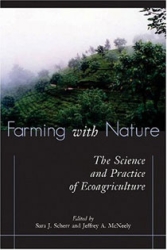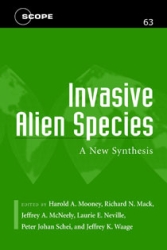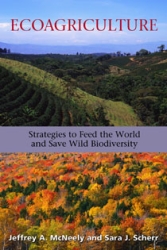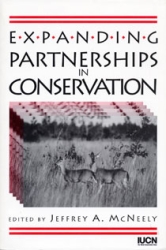
Jeffrey A. McNeely
Jeff McNeely served as Chief Scientist of IUCN until retirement in July 2009, and as Senior Science Advisor until March 2012. He has recently worked with the Government of Tanzania on World Heritage issues and the Government of Japan, also on World Heritage issues as well as protected areas and natural hazards and advising on the content of the Asia Parks Congress. He has worked on protected areas for the World Bank, the Asian Development Bank, and numerous bilateral agencies/NGOs in over 80 countries. His publications comprise over 40 books and 500 scientific and popular papers on various aspects of conservation seeking to link conservation of natural resources to the maintenance of cultural diversity and to economically-sustainable ways of life. He serves on the editorial advisory board of seven biodiversity-related journals.




